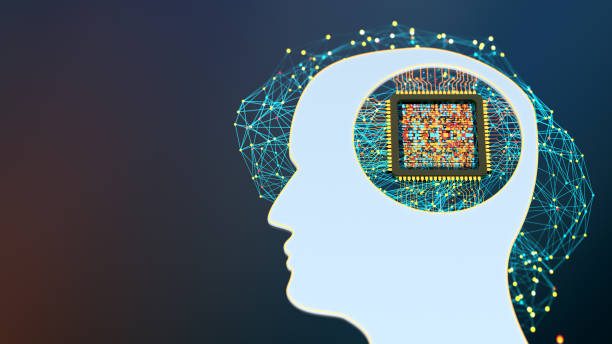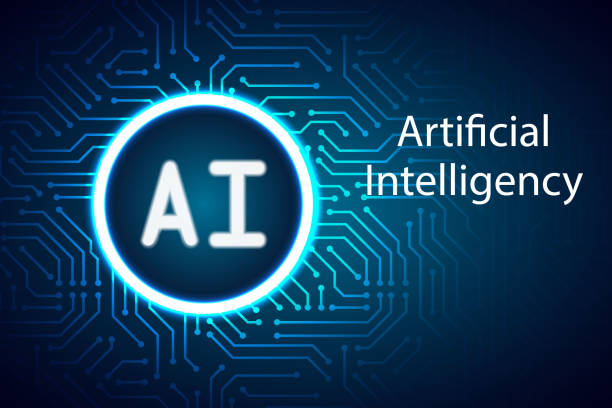What is an AI Assistant and What are Its Applications?
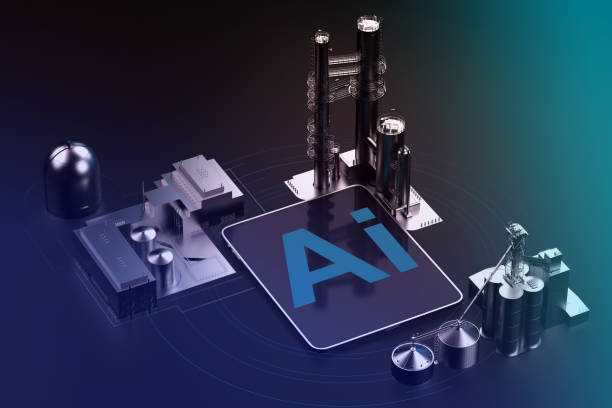
Today, #Artificial_Intelligence (AI) is increasingly penetrating our lives.
One of its most tangible and widely used manifestations is the AI Assistant.
An AI Assistant is essentially a software or system based on artificial intelligence that is capable of performing various tasks on behalf of the user.
These tasks can include answering questions, setting reminders, managing emails, controlling smart home devices, translating languages, and much more.
In fact, the AI Assistant strives to simplify and streamline human interaction with technology.
Well-known examples of AI assistants include Google Assistant, Siri, Alexa and Cortana.
These assistants typically communicate with the user via voice or text and, by analyzing user requests, attempt to provide the best answer or perform the desired task.
In short, an AI Assistant is a powerful tool that can help us with many everyday tasks and increase our productivity.
With the ever-increasing advancement of artificial intelligence, the applications of AI Assistants are expected to become more widespread and complex.
Is your company website as professional and trustworthy as it should be? Create a professional online presence with specialized corporate website design by Rasaweb that reflects your credibility and attracts more customers.
✅ Build a powerful and professional image of your brand
✅ Convert visitors into real customers
⚡ Get a free consultation right now!
Types of AI Assistants and Their Features
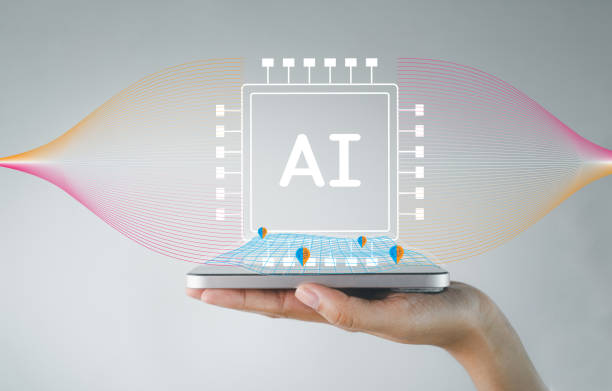
AI Assistants can be categorized based on various criteria.
One of the most common classifications is based on the platform or device on which the assistant runs.
For example, mobile AI Assistants such as Google Assistant and Siri run on smartphones and tablets, while home AI Assistants such as Alexa and Google Home run on smart home devices.
Another type of categorization is based on the capabilities and tasks that the assistant can perform.
Some AI Assistants focus on specific tasks such as answering questions or translating languages, while others have broader capabilities and can perform a wider range of tasks.
For example, Bard is an AI assistant that specializes in content generation. The AI Assistant is a capability that can solve many of our problems.
Also, AI Assistants can be categorized based on the type of technology used in them.
Some AI Assistants use Natural Language Processing (NLP) to understand and respond to user requests, while others use Machine Learning (ML) to improve their performance over time.
Ultimately, choosing the right type of AI Assistant depends on the user’s needs and preferences.
Some users may be looking for an assistant with broad capabilities, while others may be looking for an assistant focused on specific tasks.
Comparison of the Most Popular AI Assistants on the Market
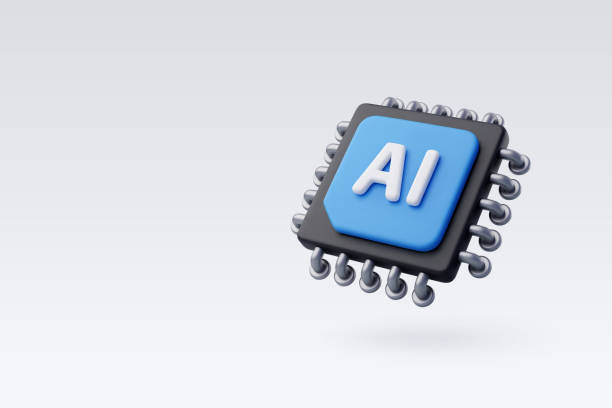
Currently, there are several popular AI Assistants on the market, each with its own features and benefits.
In this section, we will compare some of the most popular of these assistants:
Google Assistant is one of the most popular AI Assistants, available on a wide range of devices, including smartphones, tablets, smart home devices, and cars.
Google Assistant is known for its extensive capabilities, high accuracy, and integration with other Google services. The AI Assistant can deliver an accurate report by analyzing various data.
Siri is Apple’s AI Assistant, available on iOS and macOS devices.
Siri is known for its ease of use, integration with the Apple ecosystem, and focus on user privacy.
Alexa is Amazon’s AI Assistant, available on Amazon smart home devices, such as Echo, as well as some other devices.
Alexa is known for its smart home device control capabilities, online shopping, and music playback.
Cortana is Microsoft’s AI Assistant, available on Windows devices, Xbox, and some other devices.
Cortana is known for its reminder capabilities, email management, and integration with other Microsoft services.
The best AI Assistant for you depends on your needs and preferences.
If you’re looking for an assistant with broad capabilities and integration with other Google services, Google Assistant is a good option.
If you’re looking for an assistant with ease of use and integration with the Apple ecosystem, Siri is a good option.
And if you’re looking for an assistant with smart home device control and online shopping capabilities, Alexa is a good option.
Here is a comparison table of these assistants:
| Feature | Google Assistant | Siri | Alexa | Cortana |
|---|---|---|---|---|
| Platforms | Smartphones, Tablets, Smart Home Devices, Cars | iOS and macOS Devices | Amazon Smart Home Devices, Some Other Devices | Windows Devices, Xbox, Some Other Devices |
| Capabilities | Extensive, Accurate, Integration with Google Services | Simple, Integration with Apple Ecosystem, Privacy | Smart Home Device Control, Online Shopping, Music Playback | Reminders, Email Management, Integration with Microsoft Services |
How to Set Up and Configure an AI Assistant

Setting up and configuring an AI Assistant is usually a simple process.
In most cases, you need to install the assistant app on your device and log in to your account.
After logging in, you can configure various settings, such as the language used, the assistant’s voice, and privacy settings.
You can also connect your AI Assistant to your other services and devices.
For example, you can connect your AI Assistant to your email account so you can manage your emails through the AI Assistant.
Or you can connect your AI Assistant to your smart home devices so you can control them through the AI Assistant. The AI Assistant allows us to manage multiple devices.
Finally, it is important to review your AI Assistant’s privacy settings and ensure that your information is properly protected.
Most AI Assistants allow you to customize your privacy settings and control what information is shared with the assistant.
Do you dream of a thriving online store but don’t know where to start?
Rasaweb is your comprehensive e-commerce website design solution.
✅ Attractive and user-friendly design
✅ Increase sales and revenue⚡ Get a free consultation
Tips and Tricks for Optimizing Your Use of an AI Assistant

To optimize your use of an AI Assistant, you can use various tips and tricks.
One of the most important tips is to become familiar with the various voice commands of the AI Assistant.
Each AI Assistant supports a specific set of voice commands, and by learning these commands, you can interact more effectively with your assistant.
You can also use the AI Assistant’s customization capabilities to improve your user experience.
For example, you can change your assistant’s name, choose your assistant’s voice, and configure notification settings. The AI Assistant is constantly evolving.
In addition, you can use your AI Assistant to do various tasks that you previously did manually.
For example, you can use your AI Assistant to set reminders, send messages, play music, search the internet, and much more.
Privacy and Security in Using AI Assistants
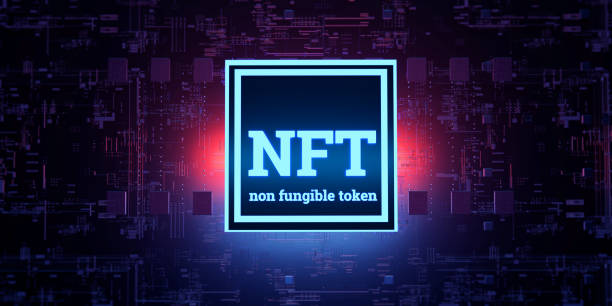
Privacy and security are among the most important concerns in using AI Assistants.
AI Assistants collect large amounts of users’ personal information, including information about voice, text, location, and online activity.
This information can be used for various purposes, including improving the assistant’s performance, providing targeted advertising, and even monitoring users.
To protect your privacy when using AI Assistants, you should take various precautions.
First, review your AI Assistant’s privacy settings and make sure your information is properly protected.
Second, only share essential information with the AI Assistant.
Third, regularly review your activity history in the AI Assistant and delete any information you no longer need. The AI Assistant can greatly help in advancing our business.
You should also be aware of the security risks associated with using AI Assistants.
Hackers can exploit security vulnerabilities in AI Assistants to access users’ personal information or control their devices.
To protect yourself against these risks, you should regularly update your AI Assistant software and use strong passwords.
What will the Future of AI Assistants be?
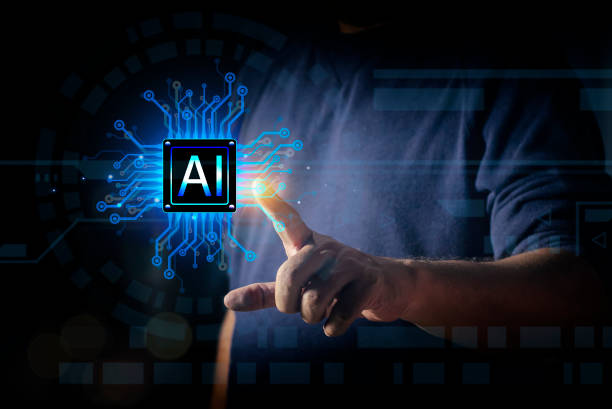
The future of AI Assistants looks very bright.
With the ever-increasing advancement of artificial intelligence, AI Assistants are expected to become smarter, more capable, and more practical.
In the future, AI Assistants can perform more complex tasks, such as recognizing users’ emotions, providing personal recommendations, and even making decisions on behalf of users. In the near future, the AI Assistant will become an integral part of our lives.
It is also expected that AI Assistants will be increasingly integrated into various devices.
In the future, we may see AI Assistants in cars, appliances, medical devices, and many other devices.
This will allow users to interact directly with these devices using voice or text and perform various tasks.
Here is a table of future expectations for AI Assistants:
| Feature | Description |
|---|---|
| More Intelligence | Ability to recognize emotions, provide personal recommendations, decision-making |
| Wider Integration | Presence in cars, appliances, medical devices, etc. |
| More Natural Interaction | Improved natural language understanding, more accurate and faster responses |
Impact of AI Assistants on Various Jobs and Industries

AI Assistants have a significant impact on various jobs and industries.
In some cases, AI Assistants can replace the human workforce, reducing costs and increasing productivity.
In other cases, AI Assistants can help the human workforce perform their tasks more effectively and improve the quality of their work.
For example, in the customer service industry, AI Assistants can be used to answer customer questions, solve their problems, and provide technical support.
This can reduce labor costs and improve customer satisfaction. The AI Assistant is a very good aid for getting things done.
In the manufacturing industry, AI Assistants can be used to control product quality, optimize production processes, and predict equipment failure.
This can increase productivity and reduce costs.
In general, AI Assistants have the potential to create fundamental changes in various jobs and industries.
To make optimal use of this potential, organizations should develop appropriate strategies for integrating AI Assistants into their workflows.
Is your online store ready to attract maximum customers and sell more? Rasaweb transforms your online business with modern and efficient e-commerce website designs.
✅ Increased speed and improved SEO
✅ Excellent user experience on mobile and desktop⚡ Get a free consultation on e-commerce website design from Rasaweb!
Challenges and Limitations of AI Assistants

Despite their many advantages, AI Assistants still face various challenges and limitations.
One of the most important challenges is the limitation in natural language understanding.
AI Assistants are not yet able to fully understand the complexities of human language and may have difficulty understanding some user requests.
Another challenge is the limitation in reasoning and problem-solving capabilities.
AI Assistants usually operate based on pre-defined patterns and may not be able to provide an appropriate response when faced with new and complex problems. The AI Assistant still needs human help.
Also, AI Assistants may be subject to algorithmic biases.
If the training data used to train the AI Assistant is biased, the AI Assistant may also exhibit bias in its decision-making.
Finally, privacy and security issues are also among the important challenges in using AI Assistants.
Organizations should take appropriate measures to protect users’ personal information and prevent unauthorized access to AI Assistants.
How to Choose the Best AI Assistant for Your Needs

Choosing the best AI Assistant depends on your needs and preferences.
To make the right choice, you should pay attention to various factors, including:
Capabilities: The AI Assistant should have the capabilities you need.
For example, if you are looking for an assistant to control your smart home devices, you should choose an assistant that supports this capability.
Platforms: The AI Assistant should be available on the devices you use.
For example, if you use an Android smartphone, you should choose an assistant that runs on Android. The AI Assistant gradually understands the needs of users.
Privacy and Security: You should choose an assistant that protects your privacy and data security.
Review the assistant’s privacy settings and make sure your information is properly protected.
Price: Some AI Assistants are available for free, while others require a subscription fee.
Consider your budget and choose an assistant that fits your budget.
By considering these factors, you can choose the best AI Assistant for your needs and take advantage of its benefits. The AI Assistant has many good features.
Frequently Asked Questions
| Row | Question | Answer |
|---|---|---|
| 1 | What is an AI Assistant? | It is a software program that performs tasks or services for an individual based on verbal or textual instructions. |
| 2 | Name a few examples of AI Assistants? | Siri, Google Assistant, Alexa, and Cortana. |
| 3 | How do AI Assistants work? | They use natural language processing (NLP), machine learning, and artificial intelligence to understand user input and provide an answer or perform a task. |
| 4 | What can an AI Assistant do? | Answer questions, set reminders, play music, send messages, manage calendar, and control smart devices. |
| 5 | What are the advantages of using an AI Assistant? | Increased productivity, quick access to information, assistance to people with special disabilities, and simplifying daily tasks. |
| 6 | Are the answers of AI Assistants always accurate? | No, they may sometimes make mistakes or provide outdated information, especially on complex or sensitive topics. |
| 7 | What are the privacy concerns about AI Assistants? | Recording and storing audio/text data, the possibility of unauthorized access, and the use of data for advertising purposes. |
| 8 | What will the future of AI Assistants be like? | Becoming smarter, greater integration with devices and platforms, a deeper understanding of emotions, and the ability to perform more complex tasks. |
| 9 | Do AI Assistants learn from users? | Yes, through machine learning and data collection from previous interactions to improve performance and personalize responses. |
| 10 | What is the difference between an AI Assistant and a Chatbot? | The AI Assistant has the ability to perform a wider variety of tasks beyond conversation and is often integrated with an operating system or hardware, while the Chatbot is mostly designed for conversation or answering specific questions. |
And other services of Rasa Web Advertising Agency in the field of advertising
Smart Conversion Rate Optimization: A dedicated service for customer acquisition growth based on user experience customization.
Intelligent Content Strategy: Designed for businesses looking to engage users through attractive user interface design.
Intelligent Website Development: A combination of creativity and technology to attract customers by optimizing key pages.
Intelligent UI/UX: A new service to increase customer acquisition through SEO-driven content strategy.
Intelligent Google Ads: A new service to increase campaign management through accurate audience targeting.
And more than hundreds of other services in the field of internet advertising, advertising consulting and organizational solutions
Internet Advertising | Advertising Strategy | Advertorial
Resources
AI Assistants: A Comprehensive Guide
,Digital and Virtual Assistants: Definitions and Applications
,What is an AI Assistant and What are its Applications?
,What is Artificial Intelligence? All About AI
? Are you ready to jumpstart your business in the digital world? Rasaweb Digital Marketing Agency, by offering innovative solutions in user-friendly website design, search engine optimization (SEO) and targeted advertising campaigns, is your strategic partner on the path to reaching the top. Let’s build the digital future of your business together.
📍 Tehran, Mirdamad Street, next to the Central Bank, South Kazerun Alley, Ramin Alley No. 6
“`

